Plants are a lovely addition to your home. Not only do they make your home look beautiful, but they also provide fresh air and help manage room temperature. There are a lot of plants that you can grow within or outside of your home and many need their own type of care.
Plants require a lot of care, time, and patience so you need to be sure that you provide them with all of these. When you do, you get the satisfying result of seeing your plants thrive.
Discover how to care for all types of plants with the guide below.
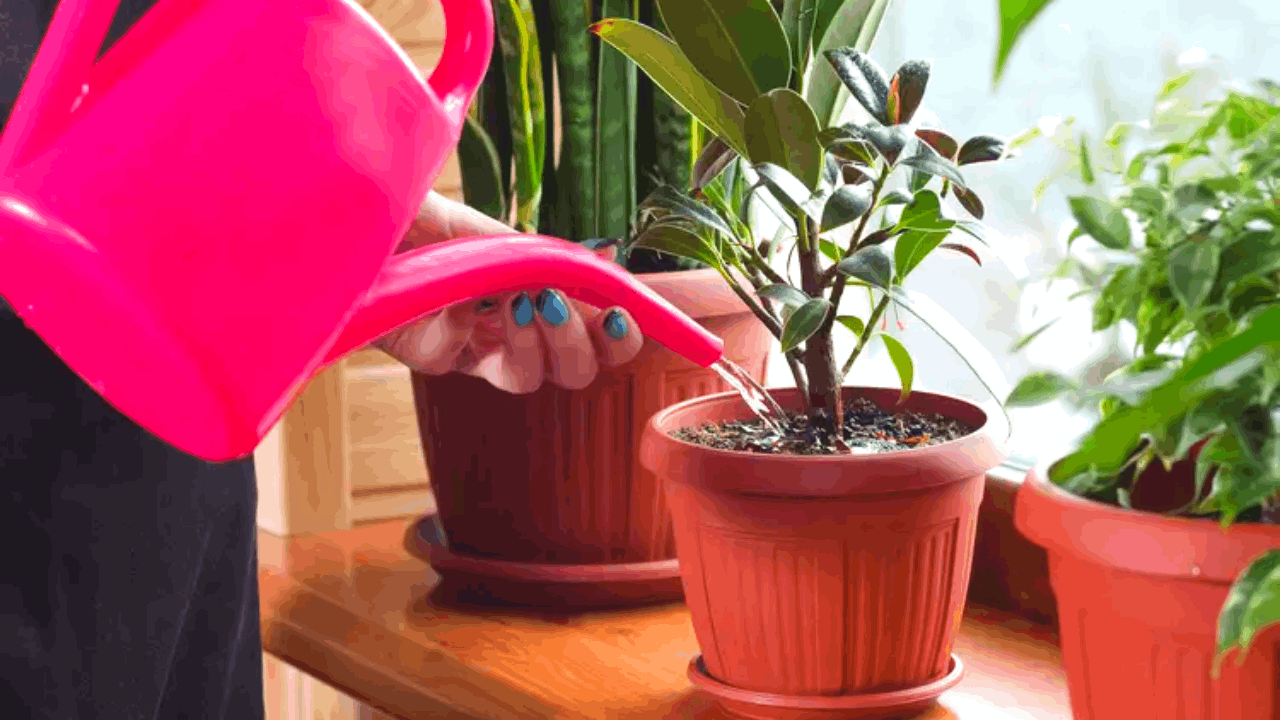
Choose Your Plants Carefully
We all know that plants require light for them to produce the energy that they need to grow. Plants need varying amounts of light. For example, some only require a little bit of light to grow while others need to bask in direct sunlight to grow properly.
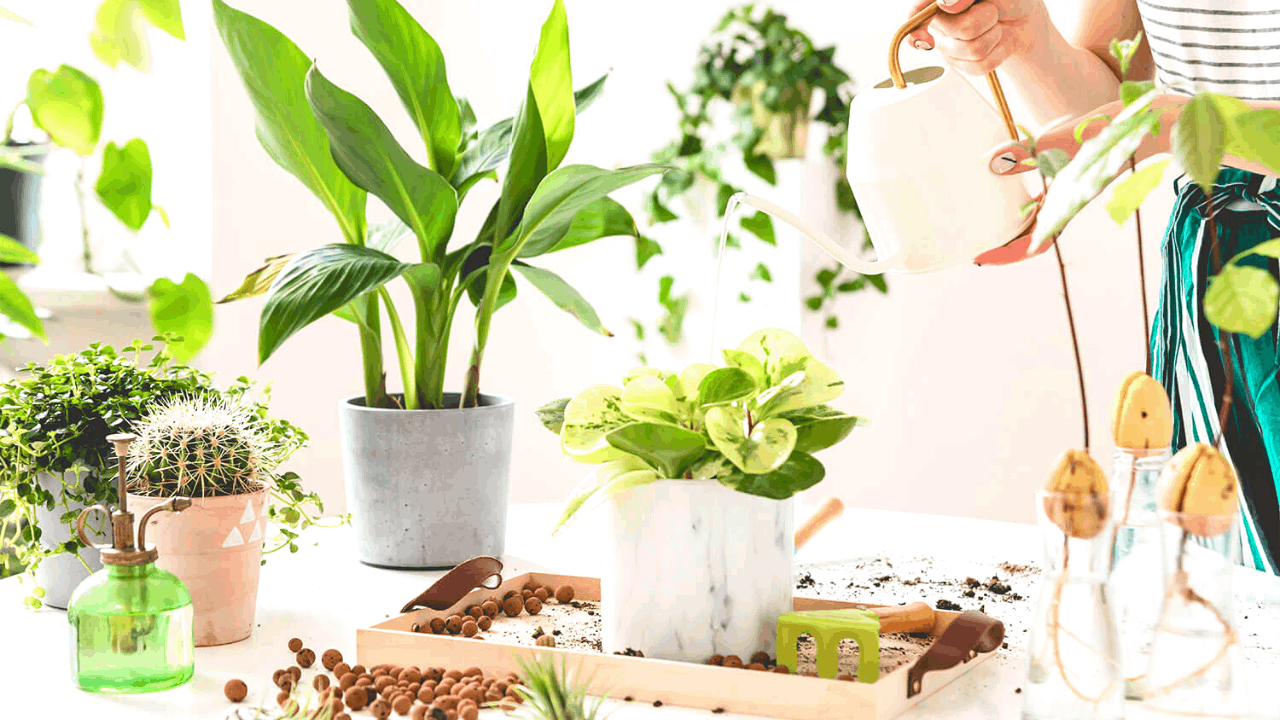
When shopping for plants, always do your research to find out which plants require a lot of sunlight and which ones don't. If you live in a low-light area, consider choosing plants that don't need direct sunlight to thrive.
If you live in a sunny area, consider choosing plants that thrive in direct light.
Allow the Plant Time to Adjust
Once acquired, each plant will need time to adjust to its new environment in your home. Pick an area within or outside of your home where it will get the light it needs to grow.
Let it sit there for a while to let it adjust to its new environment. Make sure that you provide it with a little more care in the beginning.
Observe how your plant adapts to its environment and if you discover that it is not thriving well enough, try putting it in another area of your home where it can grow to its full potential.
Watering Your Plants
Plants both need light, proper soil, and water to thrive in a certain environment. Even in the driest weather, plants still require water for them to grow. This is why you need to water your plants regularly.
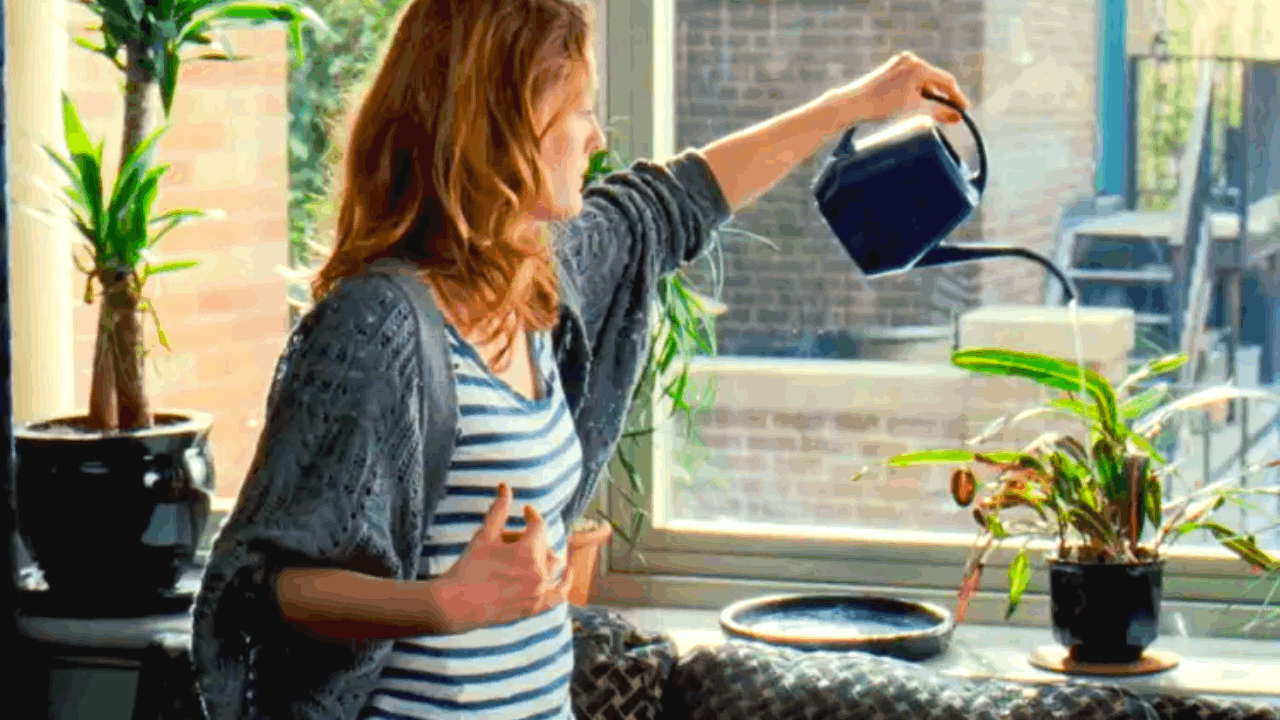
While water is important for plant life, too much water can also destroy your plant. It is much better to under water your plants instead of drowning them, as they will try to get water through other methods.
Check the soil first before watering to see if it is dry. If the soil surrounding the plant is still moist, you can try to water it a little bit but never try to flood the area with water.
Many people think that they'd rather fill the area with water so they don't have to water their plants over the next few days. However, this can be dangerous as it can lead to infestations and pests.
Keep Drainage in Mind
When it comes to watering plants, draining should also be considered. Considering drainage is highly recommended for those who have potted plants where water can get trapped within the pot. Make sure that you purchase pots that have a hole or holes for draining underneath so that excess water can pass through.
This prevents water from filling up the pot as you water your plants as well. If you don't have such pots, you can either create crevices for the excess water to flow out of the pot.
You can also add rocks underneath the soil before putting the plants in so that there will be enough space for the water to flow underneath and give it time to be absorbed by the soil. There are a lot of ways to prevent water from getting stuck within the pot so try what works best for you.
Choose the Right Kind of Soil
Different plants grow in different kinds of environments. Some plants grow in the sand while others require moist soil for them to survive.
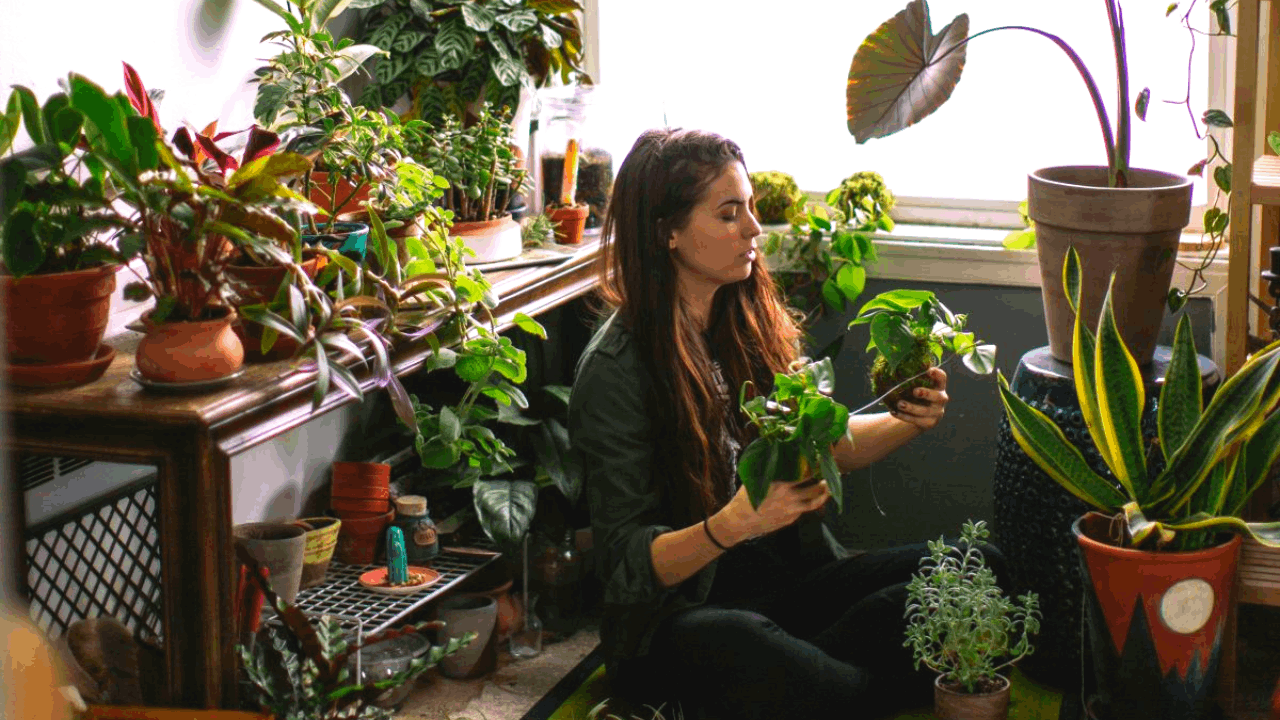
Your plants will not grow properly and healthily if you don't have the right kind of soil. It should always be fertile, and loamy, and must have the right pH.
Good and healthy soil will help your plant survive and even thrive. If you want to use certain chemicals and fertilizers to enhance the soil quality, be sure to have the experts do it for you.
Otherwise, just go for the organic soil instead of risking it.
When to Fertilize the Soil
Soil slowly degrades over time as plants usually consume the nutrients in the soil for their survival. With that, the soil surrounding your plant can dry up and become less and less useful for your plant.
This is why you need to buy new soil and add fertilizer to revive the integrity of the soil. It is necessary that you only do this periodically as it can affect the way your plants grow.
Use the right amount of fertilizer and avoid adding too many chemicals or even organic materials to avoid overstressing your plants.
Repot Overgrown Plants
When you regularly feed your plants and water them properly, you ensure their survival and they can grow very well. As they begin to thrive, watch out for plants that have overgrown their pots or their surrounding area.
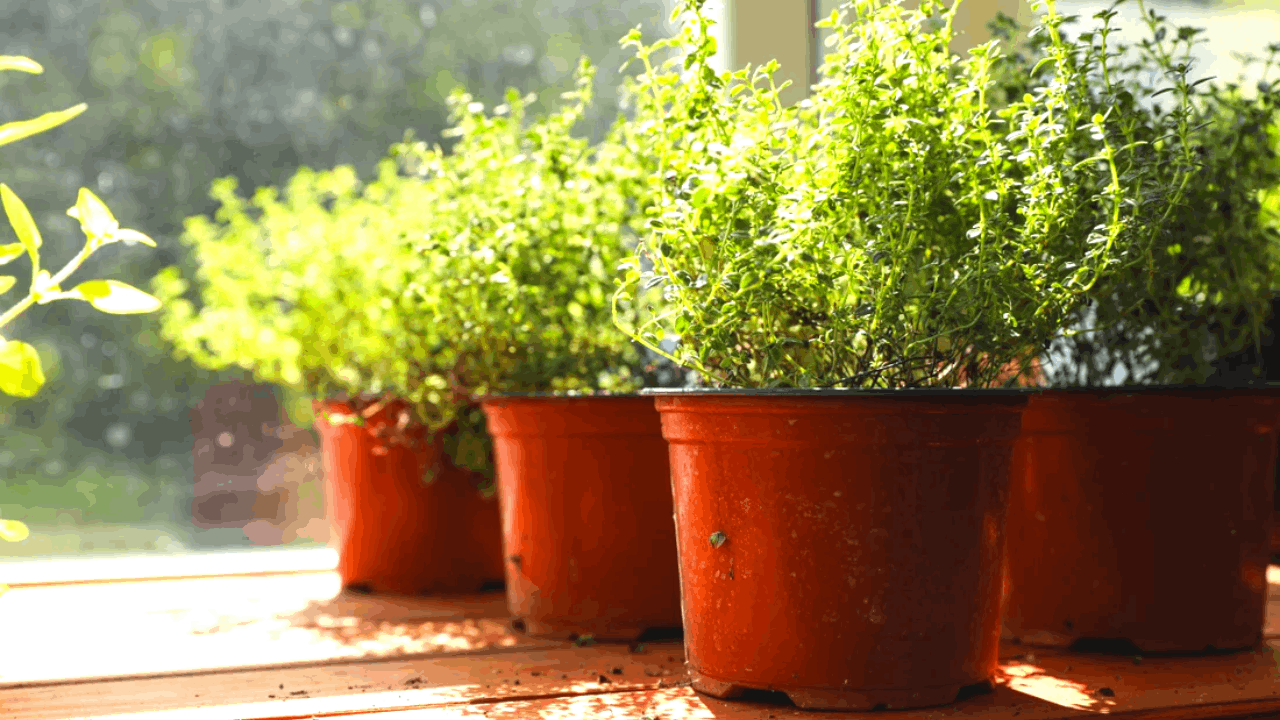
For potted plants, let the plant grow more by repotting them into larger pots. This allows their roots to have more room to grow and helps them grow bigger.
For overgrown plants in your garden, you can either try to trim the leaves or transfer them to an area where they won't affect other plants.
This is highly recommended as the shade from the larger plant can affect the amount of sunlight that other smaller plants underneath them need to receive.
Protect Your Plants from Animals, Pests, and Weeds
If you're growing your plants outdoors, you should carefully consider where you're going to put them. Animals can easily take over your plant and can sometimes devour certain parts of your plant as food.
The same goes for weeds. Weeds can be very dangerous to your plants, especially if they are left to fester within your garden. They harbor pests and become a nuisance to your garden.
Make sure that you protect your plants from weeds by removing the weeds when you spot them. You can also avoid certain animals and pests from harming your plants by keeping them clean and regularly checking on them.
Conclusion
People often struggle with keeping their plants alive and well simply because they don't know the basics of taking care of their plants. With the tips mentioned above, you now know how to take care of all types of plants.






